Data Privacy
The General Data Protection Regulation sets out the key principles that all personal data must be processed in line with.
Data must be:
- processed lawfully,fairly and transparently
- collected for specific, explicit and legitimate purposes
- limited to what is necessary for the purposes for which it is processed
- accurate and kept up to date
- held securely
- only retained for as long as is necessary for the reasons it was collected
There are also stronger rights for individuals regarding their own data. The individual's rights include
- to be informed about how their data is used
- to have access to their data
- to rectify incorrect information
- to have their data erased
- to restrict how their data is used
- to move their data from one organisation to another
- to object to their data being used at all
The GDPR is similar to the Data Protection Act (DPA) 1998, which schools already complied with, but strengthens many of the DPA’s principles.
There are many occasions on which we may wish to take photographs of pupils. For example, cameras (including video cameras) are sometimes used in lessons to record pupils’ activities. We may wish to use some of these images in our school prospectus or in other printed publications that we produce, as well as on our website. We also like to take photographs of form groups and wish to include all the students.
From time to time, we may be visited by the media who will take photographs or film footage of a visiting dignitary or other high profile event. Pupils will often appear in these images, which may appear in local or national newspapers, or on televised news programmes.
We will not use the personal details or full names (which means first name and surname) of any child in a photographic image on video, on our website, in our school prospectus or in any of our other printed publications. If we use photographs of individual pupils, we will not use the name of that child in the accompanying text or photo caption. If we name a pupil in the text, we will not use a photograph of that child to accompany the article. We may use group or class photographs or footage with very general labels, such as “a science lesson” or “sports day”.
Once students reach the age of 13, we are legally required to pass on certain information about them to Bournemouth local authority (or the local authority in which they live), as the local authority has legal responsibilities regarding the education or training of 13 to 19 year-olds.
This information enables the provision of youth support services, post-16 education and training services, and careers advisers.
Parents/carers, or students themselves once aged 16, can contact our data protection officer to ask us to only pass your name, address and date of birth to Bournemouth local authority (or the relevant local authority).
